Child protection reporting obligations guide
Safeguarding reports should be made quickly, with clear notes, limited information-sharing, proper escalation, and full compliance with local rules when concerns arise. I once heard a child whisper, please do not tell anyone, and froze. That moment taught me secrecy promises can collide with safety. Reporting is not accusing a person; it is flagging risk…
Read more
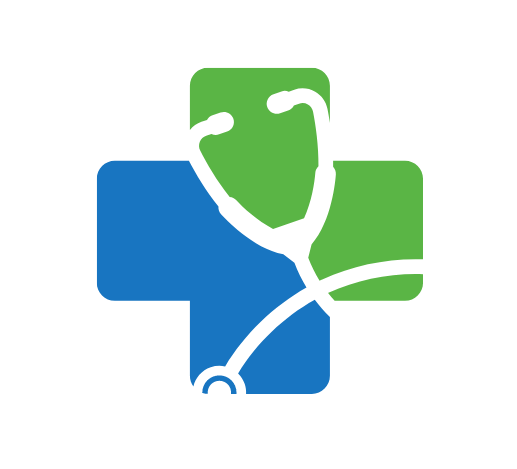

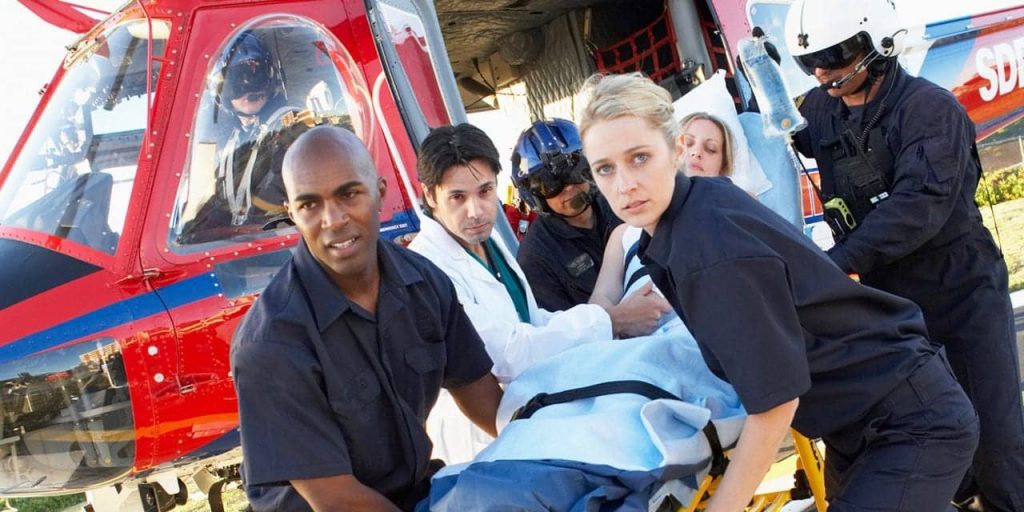

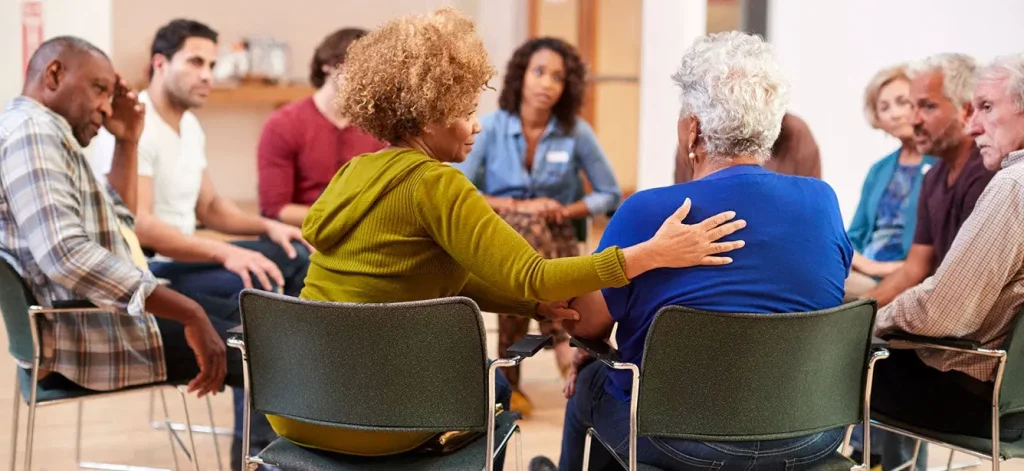

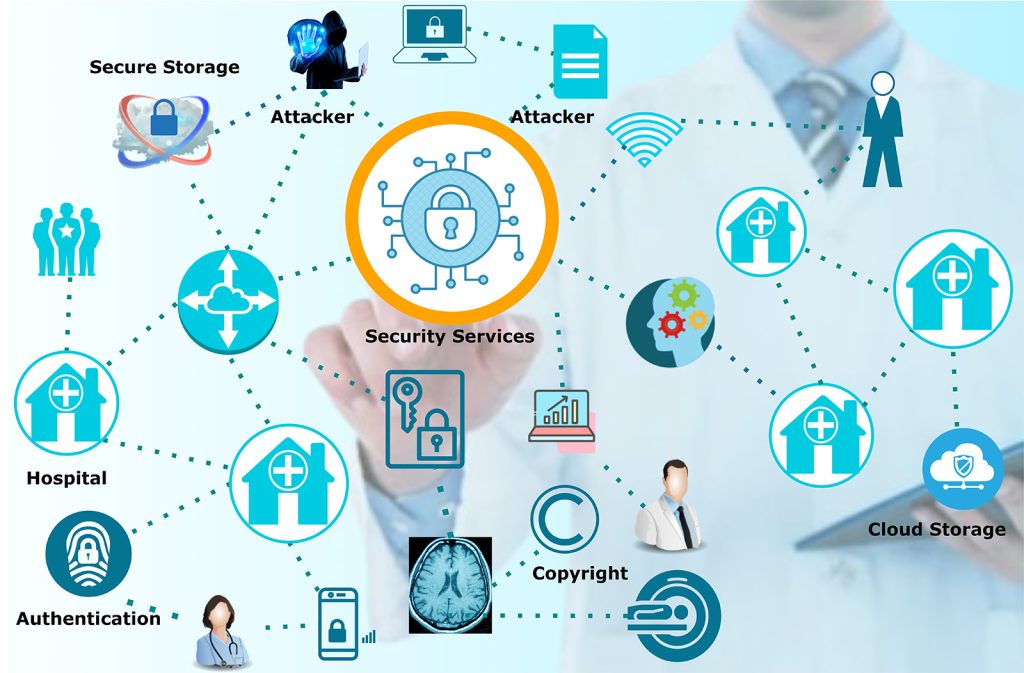



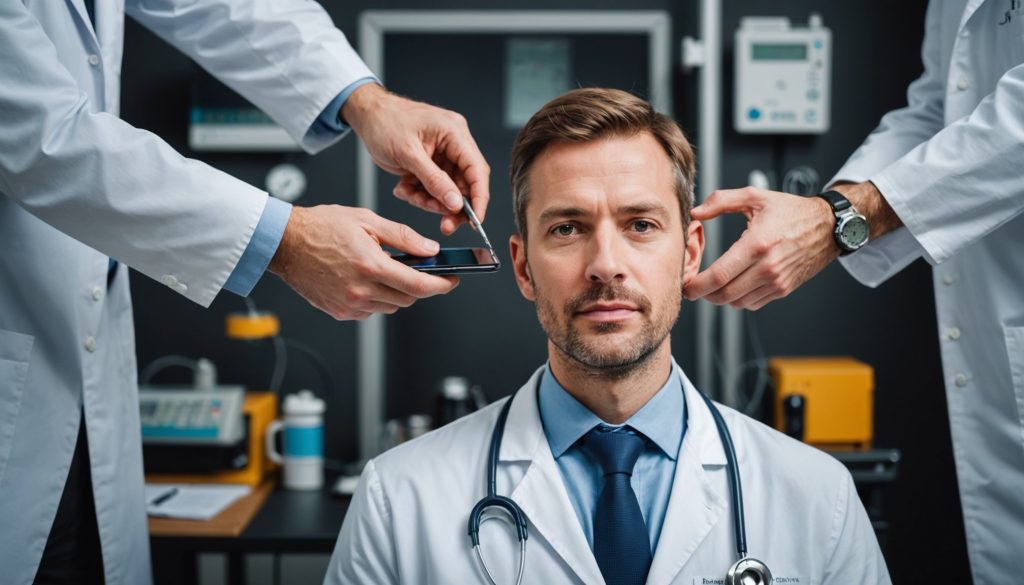
 then "Add to Home Screen"
then "Add to Home Screen"